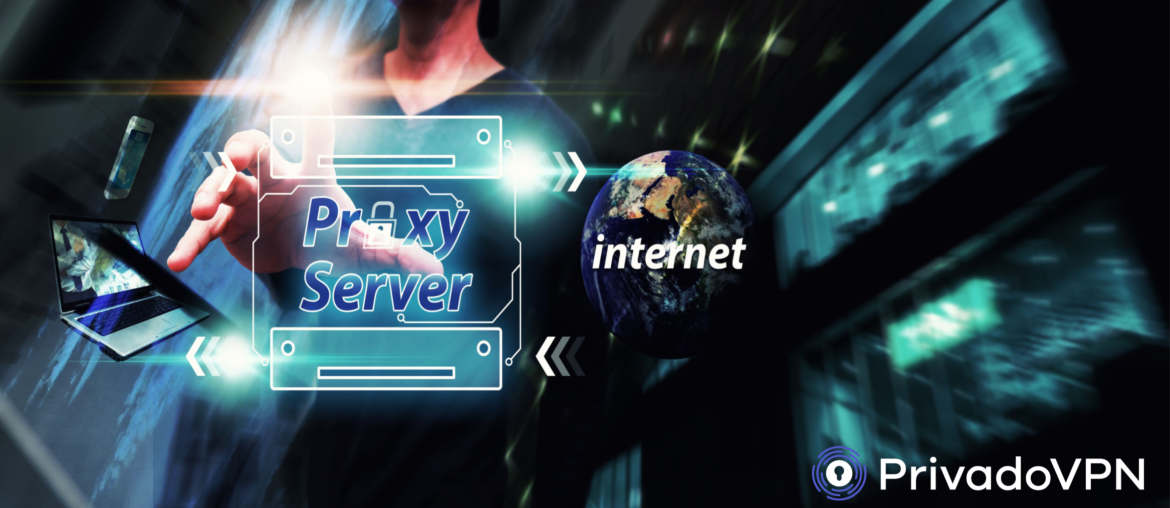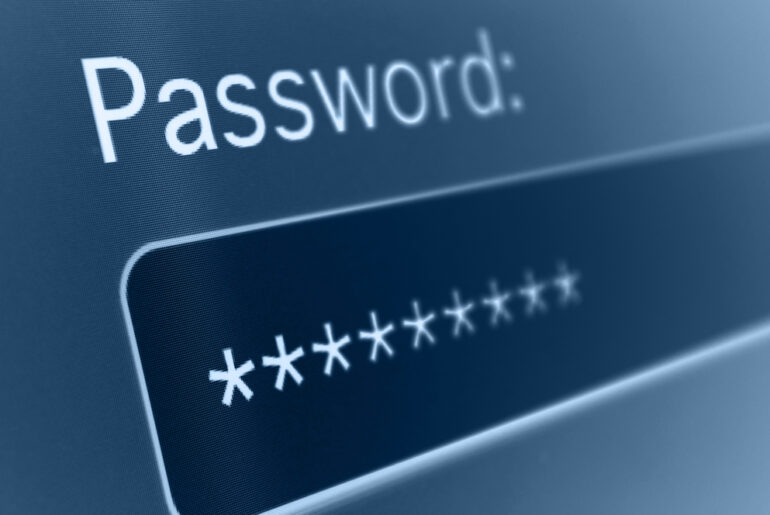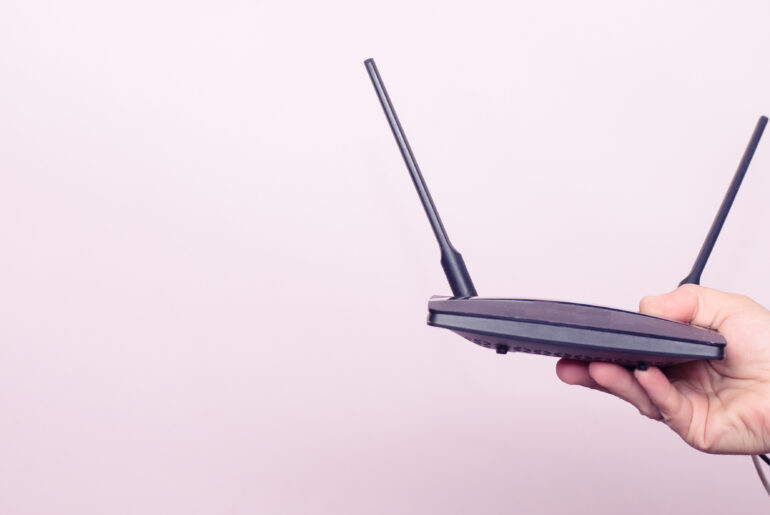The struggle to stay anonymous online is eternal. Almost every website or service requires your personal data in one form or another. However, there are tools, like VPNs or a SOCKS5 proxy, that can help you stay connected without giving up your identity.
How Authentication Works
Whenever you access a website, online video platform, chat program, etc, the first thing that happens is your computer and the computer with the information you want authenticate one another. This process is called a “handshake” and it basically is the two computers negotiating how they will handle data. This takes only fractions of a second but lays the base for everything you do online.
With a SOCKS5 proxy, instead of your computer speaking to another one directly, it talks to a proxy server. A proxy server is a computer that acts as an intermediary between you and the rest of the Internet. When it comes to the handshake, the proxy server authenticates itself instead of you. It tells the other computer its identity and location, keeping yours secret.
Of course, you have to authenticate with the SOCKS5 proxy server, but a good one won’t keep any logs of your activity. That way your confirmed interaction with the rest of the Internet stops at one server instead of dozens.

What Are the Benefits of a SOCKS5 Proxy?
There are a number of reasons to use a SOCKS5 proxy while you’re online.
- It can be used with specific applications. You don’t necessarily want or need to protect everything you do online, not least because going through a proxy can affect your transfer speeds. However, many online applications like browsers and download clients can use the proxy while leaving other applications like games free for maximum speeds.
- SOCKS5 proxies can help protect yourself online. By working through a proxy server, you severely limit the number of other systems that know who you are or what you’ve been doing on the Internet. While it’s impossible to be 100% anonymous online, using a SOCKS5 proxy can shut down several avenues of identification.
- You’ll get fewer errors with a SOCKS5 proxy as compared to other forms of proxy. That’s because SOCKS5 doesn’t rewrite data packet headers as part of the protection process. When those are rewritten, it can result in mislabeled or misrouted data packets, which can further result in corrupted files or your information leaking. With SOCKS5, you don’t have to worry about that as much.

Should I Use a SOCKS5 Proxy with a VPN?
This is a bit of an interpretive question. There are distinct benefits to using both a SOCKS5 proxy and a VPN, but can they be combined?
The answer is an unequivocal “yes, they can.” However, you might not want to use them at the same time.
While a SOCKS5 proxy is very helpful and can be incredibly fast, it lacks encryption. That’s the process of systematically scrambling your data at one end of the transfer and decoding it at the other. This prevents anyone watching your connection from seeing what you’re doing online, even if they can’t directly identify you.
For example, when using a SOCKS5 proxy, you may be able to access your bank’s online system. The bank’s website or the app won’t know where the signal is coming from. But if a hacker is paying attention to the connection, they can still potentially see your username and password. At that point, it doesn’t matter if your actual location is masked.
A VPN, on the other hand, does encrypt your data as well as hides your identity through a proxy. This would seem to give you the best of both worlds. However, the drawback is that it will slow down your connection more than a SOCKS5 proxy would.
The best option is to have a reliable proxy and VPN that can use split tunneling, then set applications that don’t transfer sensitive data to use the proxy instead of the VPN. That way things like your browsing history can be fully encrypted while your downloads through other applications can get the best speeds.

Are Free Proxies Good?
Most entirely free proxies aren’t very reliable. In fact, they can actively put your security at risk. For one thing, they generally have smaller support staff. So not only is it harder to get service, they don’t update as often as more established proxies.
For another, free proxies often use outdated or poor physical equipment, so your connections will be slower and less reliable. Sometimes this is on purpose in order to try and upsell you to a paid plan of some sort.
But perhaps worst of all is the old Internet adage: if you aren’t paying for the product, you are the product. Free proxies frequently will collect your online activity and sell that information to advertisers. Sometimes they serve ads directly, replacing the ones on websites you love with their own. This hurts those sites by cutting into their revenue.
While a proxy that you get free with a paid service, like the SOCKS5 proxy that comes with PrivadoVPN, is fine, a purely free proxy is a risk on too many levels.
Finding the Right Configuration
Like with most things online, being willing to run tests to find the best potential configuration will help optimize your connection. There are times and places where a proxy is your best bet. And there are other times when you want the full protection of a high-quality VPN.
Just remember to use the SOCKS5 proxy when you need speed, but less security, and the VPN when you need security more. As long as you do that, you should have no problems protecting your identity online.
Download PrivadoVPN
Protect your privacy with a world-class VPN. Sign up for premium access to PrivadoVPN and get unlimited monthly data, access to 300+ servers from around the world, and up to 10 simultaneous connections. Get a top-rated VPN that can secure your privacy at home, at work, or on the go.
Sign up for PrivadoVPN today!




